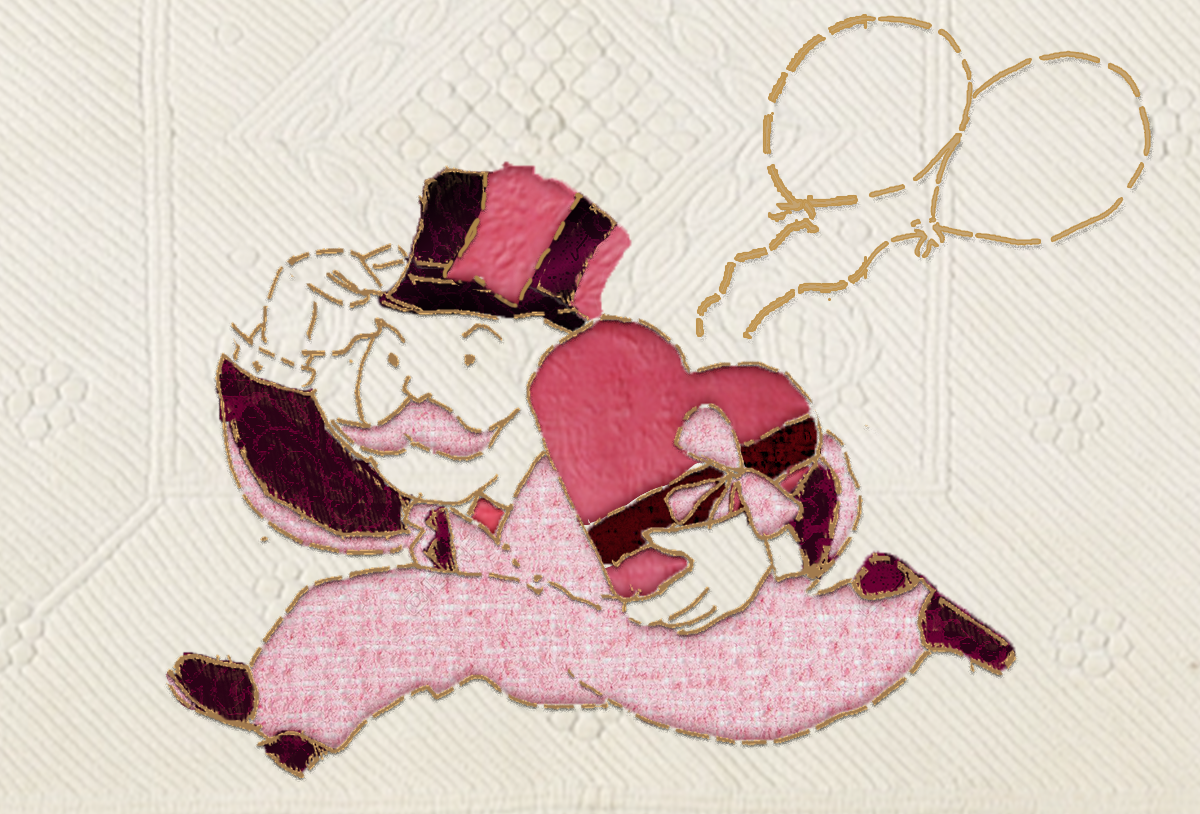When February rolls around, something shifts — love is on everyone’s minds. Valentine’s Day’s convenient placement in the middle of the month means most people spend the first two weeks of February wondering about their plans for the romantic holiday. This could mean anything from making dinner reservations well in advance to beat the rush, to asking a third date “what are we,” to dreading the day and its stark reminder to single people that they are, in fact, single. There’s a lot of awkwardness and hate surrounding the holiday, which is understandable — but that doesn’t mean it’s justified. Everyone benefits from celebrating love; that’s what makes Valentine’s Day an indispensable holiday.
There are a lot of common complaints about Valentine’s Day that make the rounds every time the familiar pink and red heart decorations start appearing in windows. The typical critique is that Valentine’s Day is another commercial holiday, made popular by greeting card companies, high-end restaurants, flower shops and chocolatiers scheming to make a quick buck off lovesick couples. Based on that point of view, refusing to take part in Valentine’s Day celebrations is akin to going on strike and eschewing capitalism’s blatant exploitation of love.
It is good to have a calendar date blocked off for the experience of love — at its worst, it does no harm.
It is true that Valentine’s Day tends to be over-commercialized, which is annoying; despite that, it is up to each person to decide whether or not that will ruin Valentine’s Day for them. There are a lot of ways to celebrate the holiday without surrendering to capitalism: handcrafted cards are a wonderful gift, and home-cooked meals can be an alternative to fine dining as well as a great way to spend quality time together. We don’t celebrate Valentine’s Day because corporations invented the holiday — corporations celebrate Valentine’s Day because the general public enjoys having a holiday that has to do with love.
Another attack against Valentine’s Day is that it encourages people to fake affection because the holiday demands it. Some try to find a date just for the sake of going out on Valentine’s Day, or they purchase flowers for their significant other on the holiday out of a sense of routine rather than a spontaneous surge of emotion.
Again, this might all be true, but it’s not relevant to Valentine’s Day at all. It is worth it to have a day dedicated to love if it encourages someone to genuinely make the first move or reaffirm their relationship, even if that comes at the cost of some people’s making romantic gestures for the sake of the holiday. Ideally, the spirit of Valentine’s Day would possess everyone — that’s unrealistic though, and I would rather it exist for some than not exist at all. It is good to have a calendar date blocked off for the experience of love — at its worst, it does no harm.
There are some who might disagree and argue that Valentine’s Day is an exclusive holiday that fetishizes the idea of monogamous couples while rejecting those who are single. I think this is true to an extent. Valentine’s Day is undeniably intertwined with romantic love, but that does not mean single people are barred from enjoying the holiday. To think that way is to treat Valentine’s Day — and love, in general — in bad faith.
A common response is to offer up other forms of love — self-love, platonic love and familial love — as things to celebrate on the holiday. While I’m not against that idea, it is worth pointing out that these forms of love should not be used as a means of avoiding romantic love. Getting rid of Valentine’s Day or changing its focus changes nothing about the experience of being single. Being single is something that affects everyone differently — ideally, it should not bother anyone, but realistically, it is a complex and challenging experience. Valentine’s Day has an important function for single people: it serves to reflect one’s own feelings about love.
Developing a healthy outlook on the role of romance in one’s life is necessary for single and taken people alike. Love is not a static state that one enters and leaves based on their relationship status; love is the way we relate to one another as humans. Just think about how many love songs are out in the world: A 2018 study showed that love is the predominant theme of the majority of pop songs released between 1960 and 2010. I am willing to bet that at least some of those songs are on your playlists regardless of your relationship status. Love is unavoidable because it is the way we navigate the world around us — it is positive to have a day out of the year to reflect on that vital human experience.
Even if you are not in the throes of romance, it is important to have a good relationship (pun intended) with the idea of love. If Valentine’s Day is bringing up bitter feelings for you, that does not mean the holiday is bad and should disappear forever or change its nature — it means you should interrogate the way you think about romance. We should all be grateful that we have the chance for romance in our lives, whether you have experienced romance in the past, you are experiencing it in the present or are looking forward to experiencing it someday. Love inspires art, action and philosophy.
This Valentine’s Day, find a way to celebrate romantic love regardless of your situation. Watch a good romantic comedy or write your own love poem. Go to Central Park’s Wollman Rink to see the couples falling on the ice, start a conversation with your class crush or plan a surprise for your significant other. Go to a bar and strike up a conversation with someone cute — there are more single people out there. Valentine’s Day is one day out of the whole year: let’s take full advantage and all be sappy romantics together.


